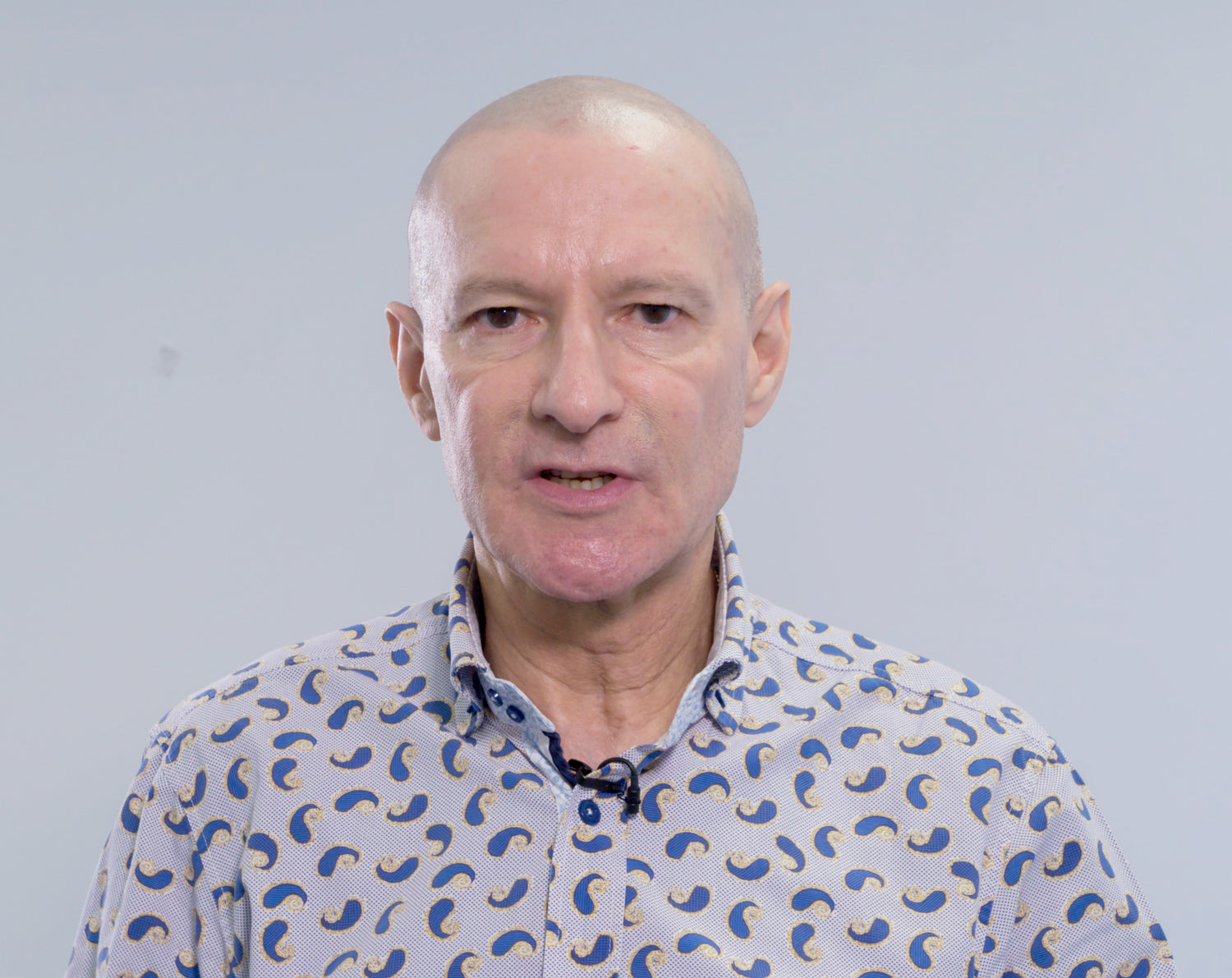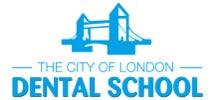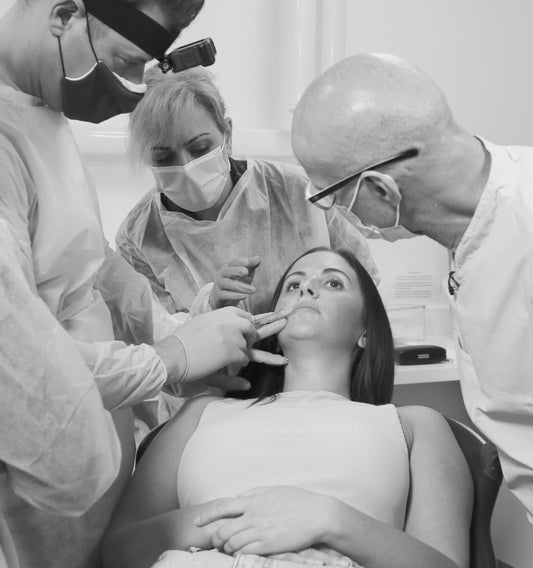Cavendish Aesthetics Institute
Learn with Experts. Lead with Confidence.
Accredited, flexible training pathways designed by consultants and delivered in clinical settings.

Why Our Partnerships Matter
Our partnerships with internationally recognised technology leaders give Cavendish Aesthetic Institute students access to:
- Our highly regarded clinic expertise within the aesthetic industry in both surgical and non surgical treatments, especially within our clinics
- The latest innovations in non-surgical aesthetic treatments
- Hands-on training using FDA-cleared, CE-certified equipment
- Exposure to treatment protocols that are shaping the future of the industry
- Enhanced patient safety, efficacy, and treatment confidence
- Practical skills that are directly transferable into clinical practice
- Partnered with global brands such as Loreal, Inmode and Revance, to name a few.
A New Accreditation: PG Cert in Advanced Laser
Overview
A rigorous, clinic-led Postgraduate Certificate designed for medical doctors who want to safely and confidently deliver advanced laser dermatology. This Level 7 programme blends evidence-based theory with high-volume, supervised practice across multiple laser platforms, equipping you to plan, perform, and audit laser treatments for a wide range of skin concerns and skin tones (Fitzpatrick I–VI).
Who it’s for
- GMC-registered doctors (GPs, dermatology, plastics, medical aesthetics).
- Doctors transitioning into laser practice or formalising existing experience with Level 7 credit.
- Clinicians seeking a structured route to clinical leadership, service set-up, or device procurement.
What you’ll learn (outcomes)
By graduation, you will be able to:
- Explain laser physics and laser–tissue interaction (selecting wavelength, fluence, pulse duration, repetition rate, and spot size to meet clinical endpoints).
- Build safe treatment plans across all skin types, with robust consent, photography, pre/post-care, and complication pathways.
- Operate and differentiate ablative, non-ablative, fractional and vascular lasers; recognise and manage endpoints.
- Treat common indications: photo-ageing and texture, acne scarring, surgical scars, benign pigmented lesions (selected), vascular lesions (telangiectasia, rosacea), hair reduction.
- Prevent, recognise, and manage adverse events (PIH/PIE, burns, scarring, herpes reactivation), including escalation and aftercare.
- Design clinic protocols, QA, and audit cycles; appraise literature and apply evidence in case discussions.
The Curriculum
Module 1: Laser Science & Safety (Level 7)
Selective photothermolysis; absorption spectra; cooling; hazard control; eye protection; room standards; laser safety governance.
Module 2: Devices & Parameters
Ablative (CO₂, Er:YAG), non-ablative fractional (e.g., 1927 nm thulium), vascular (PDL/595, Nd:YAG 1064, KTP 532), hair (diode 810, alexandrite 755); platform selection and parameter setting.
Module 3: Clinical Applications & Protocols
Photoageing/texture, scars, pigment (selected indications), vascular; treatment planning across Fitzpatrick I–VI; peri-oral/peri-ocular considerations; combination therapy and staging.
Module 4: Complications, Ethics & Service Design
PIH mitigation, antiviral/antimicrobial protocols, documentation, informed consent, photography, pricing and pathways, audit & outcomes reporting.
Delivery & Assessment
- Format: Blended learning - self-paced online theory + intensive in-clinic practical.
- Hands-on: Supervised treatments on live models across multiple modalities.
- Assessment: A case-based portfolio with reflective practice.
- Credit: PG Cert (Level 7), typically 60 CPD within the UK framework.
- Duration: Designed for part-time completion alongside clinical work (indicative 12–16 weeks).
Clinical Practice
- Ablative/Fractional: CO₂, Er:YAG, 1927 nm thulium (non-ablative fractional).
- Vascular: PDL/595, Nd:YAG 1064, KTP 532.
- Hair Reduction: Diode 810, Alexandrite 755.
(Platform mix may vary by location; protocols emphasise transferable parameter logic and endpoint-based decision-making.)
Entry Requirements
- Primary medical qualification (MBBS/MBChB or equivalent) and current GMC registration.
- Indemnity suitable for supervised aesthetic practice.
- Prior basic laser safety training is advantageous (bridging content provided if needed).
What’s included
- Faculty-led seminars and case workshops.
- Supervised clinical lists with models.
- Protocol packs, consent templates, pre/post-care assets.
- Portfolio and assessment support, academic feedback.
- Ongoing alumni network and CPD opportunities.
Why train with us
- Clinic-first: Built by active laser clinicians with high-volume service experience.
- Whole-skin approach: Protocols for all Fitzpatrick types with a focus on outcomes and safety.
- Career impact: Level 7 PG Cert structure with real-world, service-ready skills.
Quick facts (for your product page)
- Level: PG Cert (Level 7), ~60 credits
- Mode: Blended (online + in-clinic)
- Length: ~12–16 weeks part-time
- Assessments: MCQ, OSCE/Viva, Portfolio
- Locations: Cavendish training centres (London + selected regional sites)
- Cohorts: Rolling intakes; limited clinical places per cohort
Academic Partnerships
Awarded by the Greater Manchester University
A prestigious UK university delivering the MSc (Clin) in Aesthetic Non-Surgical Interventions.

The City Of London Dental School
A prestigious UK university delivering the MSc (Clin) in Aesthetic Non-Surgical Interventions.

Cavendish Clinics & Skinlab Los Angeles
A leading UK aesthetics and body contouring provider with stores in seven John Lewis locations, and a partnership with Skinceuticals SkinLab.

Contact us
Have a question about our clinics, courses, or partnerships? Send us a message and our team will reply.



